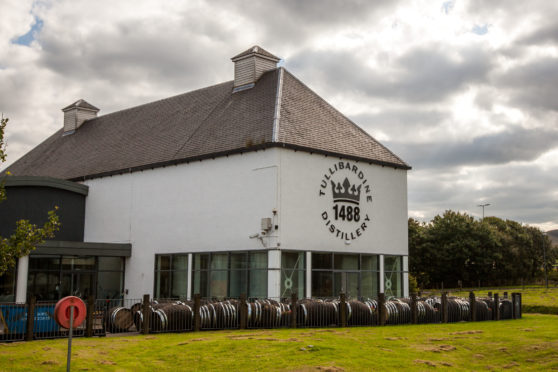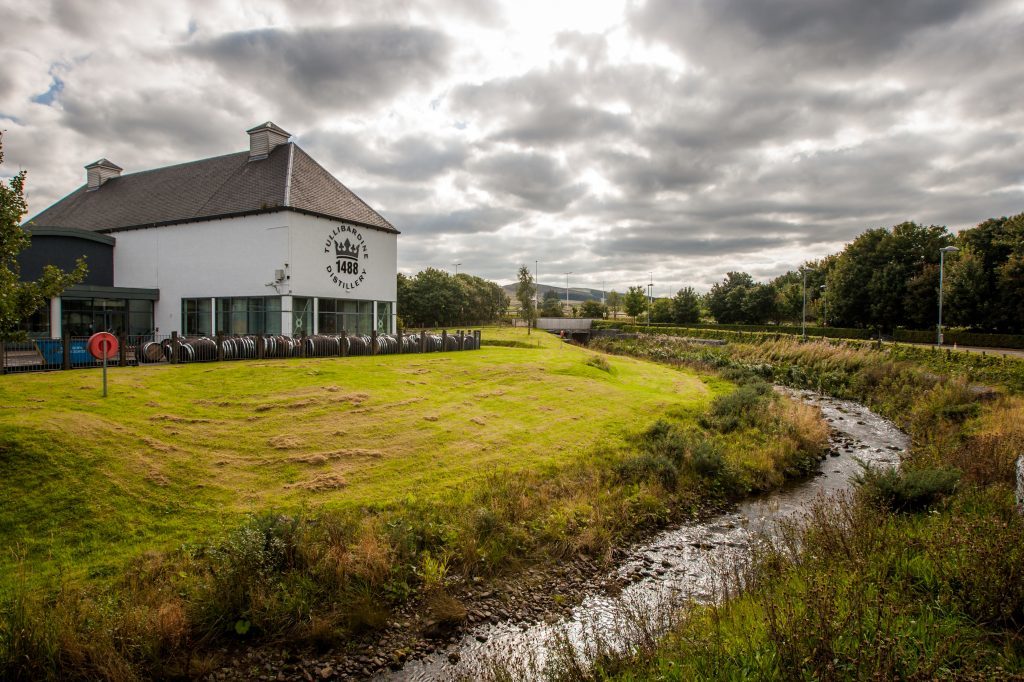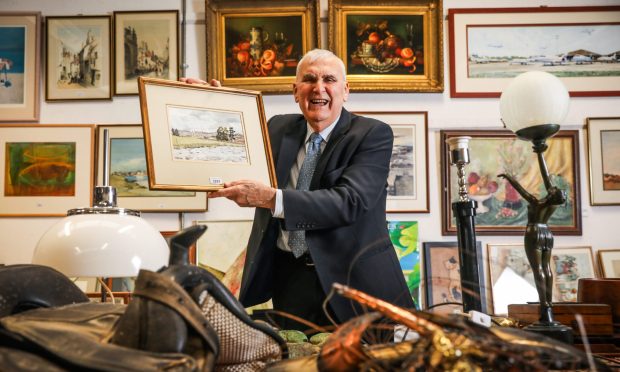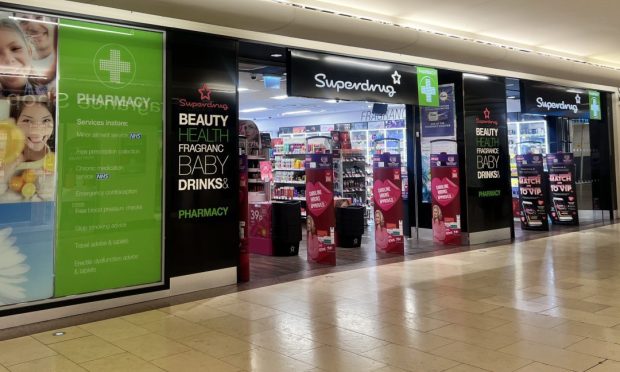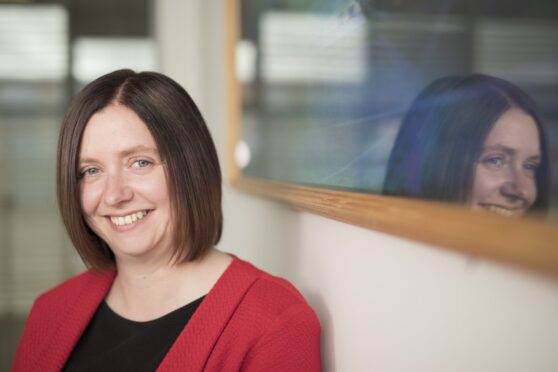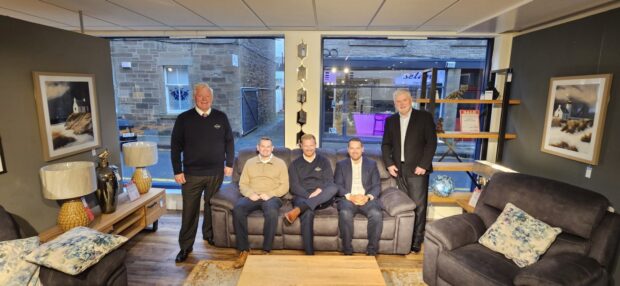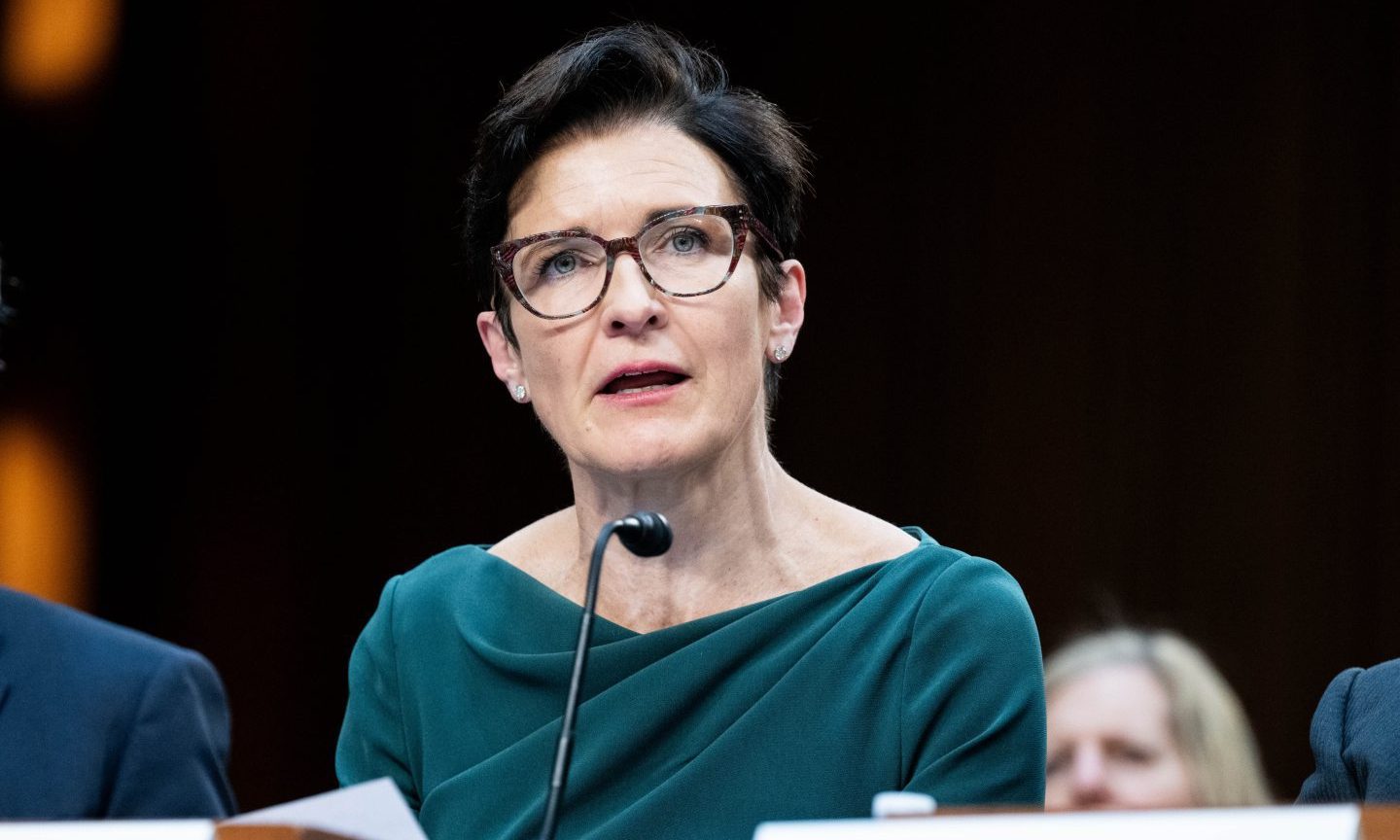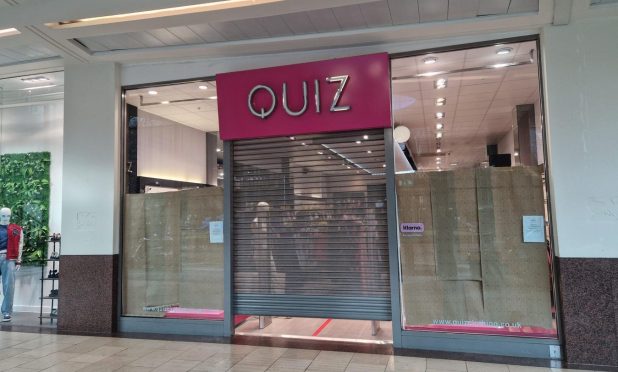Perthshire distillery Tullibardine, which can trace its origins to the coronation of King James IV, has toasted another year of profits.
Whisky producer Tullibardine’s history for brewing and distilling is one of the oldest in Scotland.
Newly filed company accounts show the company made sales of £24.9 million in the year ending December 2019, compared to £26m in 2018.
Pre-tax profits of £2.2m were made against a surplus of £2.8m in 2018.
Wedding tipple for a King
In 1488, King James IV of Scotland stopped before his coronation to purchase beer from the brewery in Blackford, which was known for the quality of its water source.
By 1503 the King granted them a royal charter and for centuries it was a brewery.
It was rebuilt as a distillery after the Second World War.
But in the 1990s it was mothballed for 10 years. A group of private investors brought the distillery back into production in 2003.
Investment in bottling line
In 2011, French wine and spirits group Picard Vins & Spiritueux purchased Tullibardine.
Since then, the Picards expanded the distillery set-up, improving the visitor centre, took over the entire adjacent retail block beside the A9 and installed their own bottling line.
In his strategic report within the company accounts, director Gabriel Jacques Picard said: “The directors are pleased with the operating profit achieved of £2.5m.
Escape the cold and soak up the sweet flavours of our Tullibardine 228 Burgundy Cask Finish. Combining hints of chocolate, cherry and Turkish delight, it's time to sit back and enjoy. pic.twitter.com/PoPVacj5N0
— Tullibardine Whisky (@Tullidistillery) December 15, 2020
“All areas of the business have performed as hoped and the shareholders’ fund has increased to £19.5m.
“The company continues to seek new opportunities and markets to develop the brand around the world.
“Everyone within the business works to this same shared goal.”
Covid-19 uncertainty
Mr Picard said Tullibardine had sufficient reserves and resources, combined with government support schemes, to face uncertainties brought by Covid-19.
The company’s gross profit percentage fell from 27% in 2018 to 26% last year.
Shareholders’ assets increased from £17.6m to £19.5m.
Mr Picard added: “Although turnover has fallen by 4% on 2018, gross profit margin has only declined by 1%, resulting in another profitable year and increase in net assets held.”
